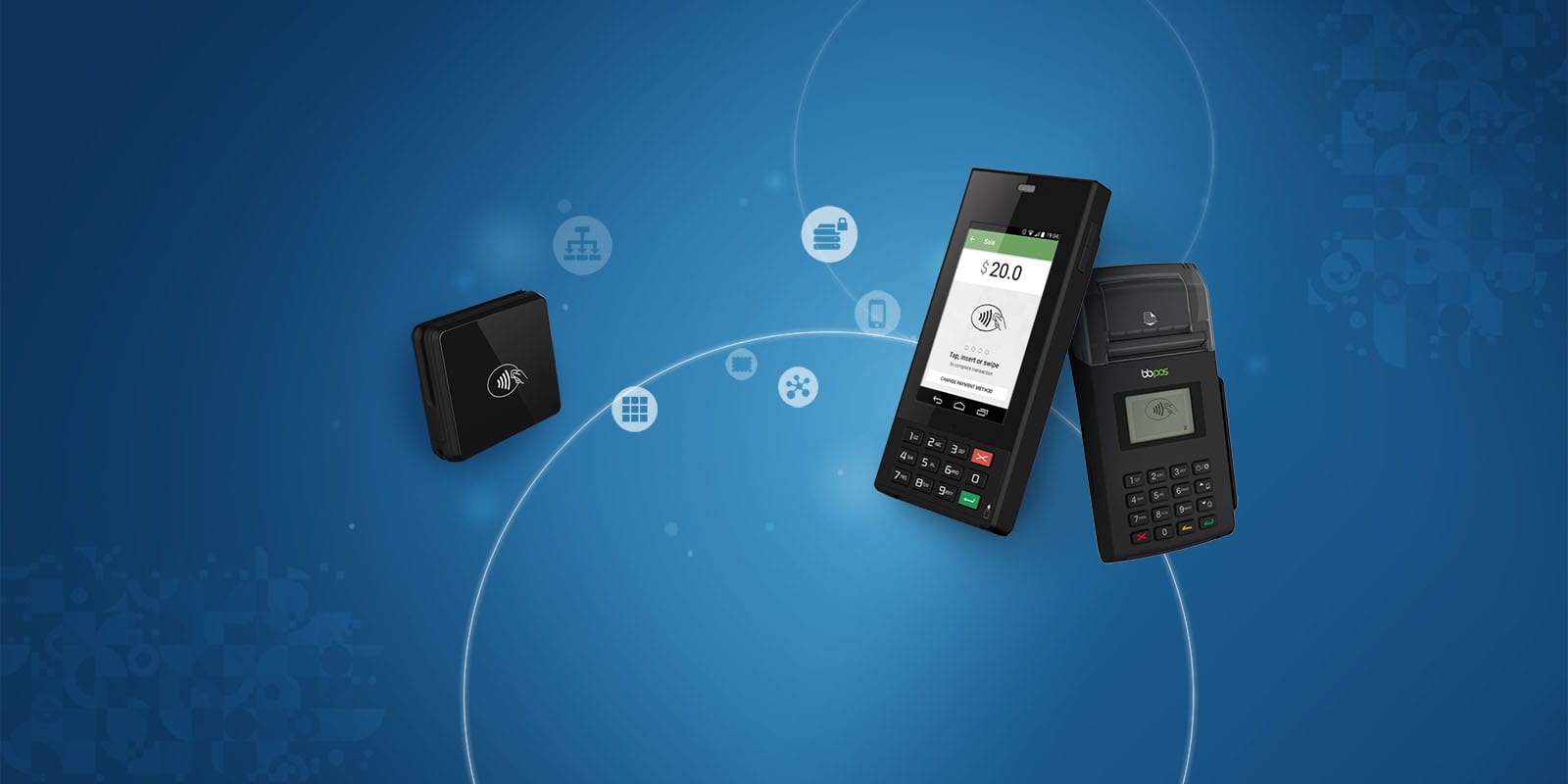In March 2017, gourmets from all over the world, including some from Michelin starred restaurants had the opportunities to participate in one of the most prestigious food and drink events in Hong Kong. Total of 50 merchants with over 120 mobile payment terminals called WisePOS provided by BBPOS were deployed. It is a milestone in the making where an event was using MPOS solutions to accept payment in Hong Kong at such a large scale. Below is our interview with Gloria Chan, Marketing Communications Manager at BBPOS:
Q: Gloria tell us, how was this year event compared to last year?
A: Last year, an in-event currency known as Crowns was used and this was the only way you can pay at the restaurants and bars. This year, it remained cashless but things went digital and only payment cards and digital wallets (including ApplePay and AndroidPay) were accepted. For the merchants and exhibitors, instead of collecting physical tokens, they now need mobile payment terminals to accept the payment cards.
Compared to last year, transaction volumes went up over 50% with over 10 thousands transactions per day! This is astonishing where a simple change of payment means, people are willing to spend more. In fact, this is totally understandable in hindsight. When in-event currency tokens are used up, people are less ready to buy the tokens again because they have to go to the counters, queue up and buy a minimum order of tokens again. Not to mention all the issues with leftover tokens. With payment cards or digital wallets, people can simply buy again by pulling out the cards or phones. No more hassles.
 Recommended: CSI GlobalVCard Modernizes And Automates B2B Payables Through Innovative Payment Solutions
Recommended: CSI GlobalVCard Modernizes And Automates B2B Payables Through Innovative Payment Solutions
Q: What are main advantages for the merchants?
A: In some restaurants, dishes were “selling like hot cakes” as the saying goes. People were queueing up and we saw what MPOS were really good at: line-busting. A transaction is completed in less than 20 seconds, with every transaction record stored in the cloud.
Another advantage to the merchant is that business analytics can be collected in real-time. For example, in this event, after every four-hour session, a report was generated with a summary of the number of each dish sold. This allows the exhibitor merchants to forecast and refill their stock accordingly based on customer demands.
Now, we came to another important step: settlement. I could imagine the chaos last year when the Crowns needed to be counted to figure out how much money a merchant received. From hearsay, I learnt that it was not a good experience and I won’t go into the details. In MPOS, the settlement reports can be generated based on the transaction records in the cloud in a split second.
The adoption of MPOS technology for this has been proven both a success to customers and merchants alike. However, there were admittedly some hiccups in this event and we learnt a few lessons. Lesson number one – make sure the network connectivity is good and robust.
Q: Tell us something more about the venue?
A: The venue was besides the harbour and it covered an open area of around 36,000 square meters. Internet connectivity was provided by 6 industrial grade WiFi routers installed and mounted outdoors by an IT vendor. On the first day of the event, all things ran smoothly until two of the WiFi routers were down because someone accidentally kicked loose the power cables. Payment services were interrupted for a few minutes and eventually the MPOS were then switched to operate on 3G/4G SIM cards. Sorry to say this, Murphy’s law once again prevails.
 Recommended: Arbitech – A Customer’s Technology Solutions Partner
Recommended: Arbitech – A Customer’s Technology Solutions Partner
Q: How did you ensure a stable internet connectivity?
A: Before the event, a technical team was sent out to the venue to test the Internet connectivity. The team members were assured by the WLAN vendor on the technical specifications of the routers, boasting that the bandwidth offered was well over our requirements. Actually, MPOS requires only a small bandwidth because a typical payment transaction only involves a few messages in the range of tens of kilobytes. What MPOS requires is a stable connection. No matter how much bandwidth the router can provide, the system won’t work if there are frequent “disconnect” or “no access” network errors.
Also, don’t underestimate the power of numbers. When the venue is tested before the event, all testing may go well: good connections, low latency. However, when the visitors are pouring in numbers, both WiFi or 3G/4G signals could deteriorate due to noise and interference. A few things can be done to combat this. For WiFi, make sure that the wireless networks are dedicated to the payment systems and not shared. It requires both experience and on-site testing to hit the sweet spot of optimal access-point (AP) coverage and placement. Also, use QoS configurations in the routers to give higher priority and guaranteed bandwidth to the payment applications. For 3G/4G, use the best data plan from a telco and multiple telcos can be used as backup. If the venue is not in a normally busy area, the cellular network may not be designed to cope with a sudden surge in the number of users. A litte research of the cellular base-stations around the venue can also give some hints on which telcos to pick.
Q: What is your conclusion?
A: In conclusion, it is in this kind of ad-hoc events where MPOS payment solution really shines. The payment experience integrates seamlessly and customer can pay just like when they do normal shopping. Customers can fully enjoy the event itself instead of the need to get familiar with new payment methods and rules. Merchants are also happy largely because the customers are spending more.
Activate Social Media:


